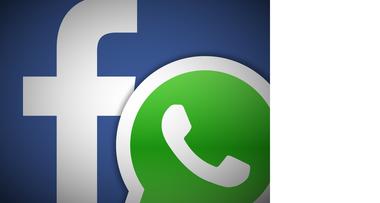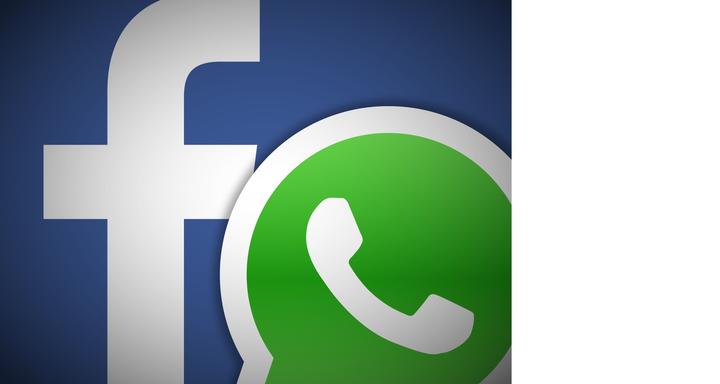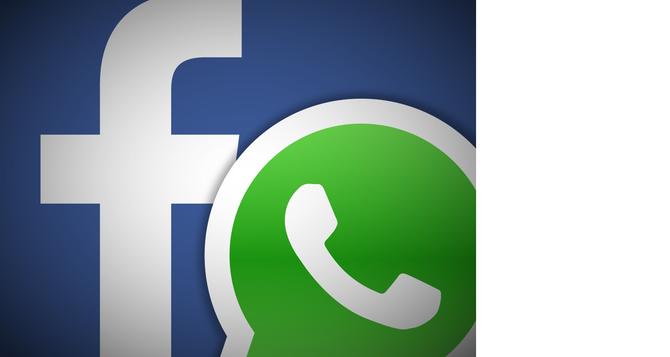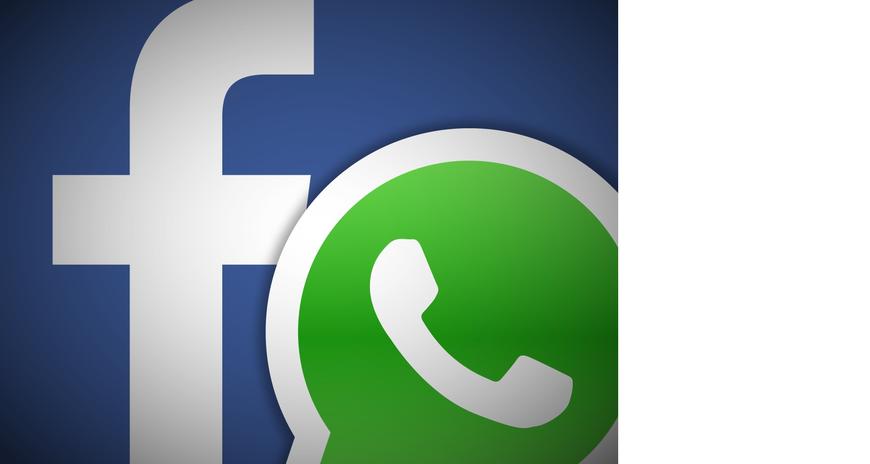



Messaging platforms have become an integral part of our lives, revolutionizing the way we communicate and connect with others. Two prominent players in this domain are Facebook and WhatsApp. While both platforms offer messaging services, they differ in their features, user experience, and overall convenience. In this essay, we will compare Facebook and WhatsApp, exploring their conveniences for users and analyzing their respective advantages and disadvantages.
Convenience for Users:
When it comes to convenience, WhatsApp takes the lead in several aspects. Firstly, WhatsApp is primarily a mobile messaging app, allowing users to send messages, make voice and video calls, and share multimedia content seamlessly. It is available on both Android and iOS devices, making it accessible to a wide range of users. Facebook, on the other hand, offers messaging services through its Messenger app, but it is also embedded within the Facebook platform, which might be less convenient for those who prefer a dedicated messaging experience.
Additionally, WhatsApp has a simpler and more intuitive user interface, allowing users to navigate the app effortlessly. Its streamlined design ensures that messaging is the primary focus, making it easier to find and communicate with contacts. Facebook, with its more complex interface, incorporates various features beyond messaging, such as news feeds, events, and groups, which may lead to a slightly steeper learning curve for users primarily interested in messaging.
Another aspect of convenience is cross-platform compatibility. WhatsApp excels in this area, allowing users to seamlessly switch between devices while retaining their conversations and contacts. Whether you switch from a smartphone to a computer or vice versa, WhatsApp ensures a consistent messaging experience. Facebook, though it provides access to messaging across different devices, may not offer the same level of seamless continuity as WhatsApp.
Advantages of Facebook Messaging:
While WhatsApp may be more convenient in certain aspects, Facebook Messenger brings its own set of advantages. Firstly, the integration of Facebook's vast social network provides a broader reach for users. With Facebook Messenger, you can easily connect with friends, family, and acquaintances who are already a part of your Facebook network, making it effortless to initiate conversations.
Another advantage of Facebook Messenger is the availability of additional features and extensions. For instance, Messenger offers various chatbots that allow users to access services like customer support, shopping, and news updates without leaving the app. Additionally, the integration of Facebook's platform allows for seamless sharing of photos, videos, and other media content from a user's Facebook feed directly within Messenger conversations.
Advantages of WhatsApp Messaging:
While Facebook Messenger has its merits, WhatsApp boasts several unique advantages. One significant advantage is the end-to-end encryption it employs by default. This ensures that messages and calls are securely transmitted and can only be accessed by the intended recipients. The emphasis on privacy and security has made WhatsApp a preferred choice for individuals and businesses alike, particularly for sensitive conversations.
Another advantage is WhatsApp's wide global user base. With over two billion active users worldwide, WhatsApp provides a vast network of potential contacts, making it easier to connect with people from different countries and cultures. This international reach contributes to its convenience as a messaging platform for users with diverse backgrounds and communication needs.
Furthermore, WhatsApp offers features such as voice and video calling, group chats, and the ability to send voice messages. These features enhance the overall user experience and cater to various communication preferences.
Disadvantages of Facebook Messaging:
Facebook Messenger also carries some disadvantages. One primary concern is privacy. As Facebook is a social media platform that thrives on data collection and targeted advertising, users may have concerns about the privacy of their conversations and the use of their personal data. Although Facebook has taken steps to address these concerns, the perception of a lack of privacy remains a drawback for some users.
Additionally, Facebook Messenger's extensive range of features, while advantageous in some respects, can also make the app feel cluttered and overwhelming. For users primarily interested in a simple and straightforward messaging experience, the additional functionalities may be unnecessary and could hinder the overall convenience.
Disadvantages of WhatsApp Messaging:
Despite its many advantages, WhatsApp also has its drawbacks. One limitation is its reliance on a mobile number for registration. Unlike Facebook Messenger, which can be used independently of a phone number, WhatsApp necessitates users to have an active mobile number to create an account. This requirement may pose a challenge for individuals who do not own a mobile phone or prefer to communicate solely through other means.
Moreover, WhatsApp's association with Facebook has led to concerns about the potential integration of user data between the two platforms. Although WhatsApp's end-to-end encryption offers a higher level of privacy, the perception of data sharing with Facebook can deter some users seeking a more independent messaging service.
Conclusion:
In the realm of messaging platforms, Facebook Messenger and WhatsApp offer distinct experiences, each with its own advantages and disadvantages. While WhatsApp excels in terms of convenience, simplicity, and security, Facebook Messenger leverages its integration with the Facebook platform and provides a broader reach and additional features. Ultimately, the choice between the two platforms depends on the users' preferences, privacy concerns, and desired messaging experience.